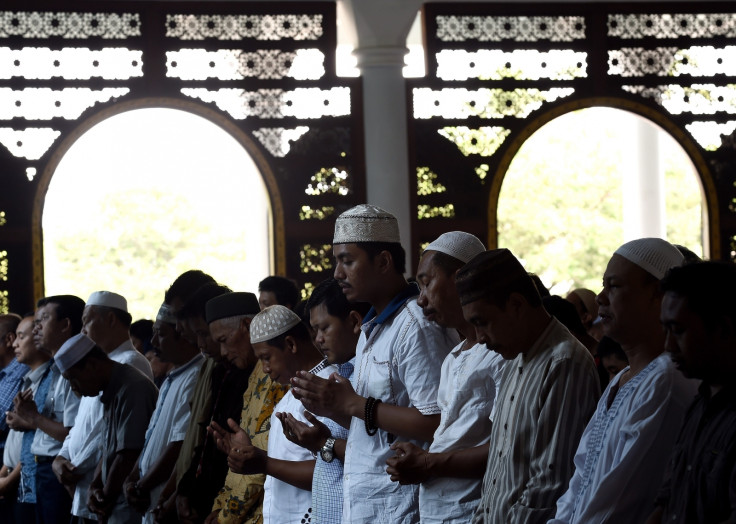AirAsia flight QZ8510: Recovery operations to intensify using sensitive devices

Two ships equipped with sophisticated underwater acoustic detection devices that left the southern Borneo port of Pangkalan Bun on Friday, would help in finding the black boxes of the doomed AirAsia flight QZ8501, lying on the ocean floor of the Java sea.
However, Indonesian officials were unsure if the weather would allow the sensitive hydrophones to be deployed, reports Reuters.
Side scan sonars and pinger locators are among some devices planned to be deployed to detect the black boxes of the aircraft.
Even as rains continued to hamper recovery efforts on Friday morning at the suspected crash site, waves three-four metres (10-13 feet) high and wind speeds of 30-40 knots, made things difficult for professional rescuers.
Experts, however said that finding the black boxes should not be difficult if its locator beacons, with a range of 2,000 to 3,000 metres (6,560 to 9,800 ft) and a battery life of around 30 days are working.
The weather has kept expert divers from approaching the wreckage of the Airbus A320-200, which went down on Sunday en route from Surabaya to Singapore with 162 people on board.
The weather is expected to be bad until 4 January.
There have been conflicting reports over a dark shadow spotted on the sea floor by sonar data, as authorities continued to look for the main wreckage of the aircraft.
"With the increasing amount of evidence and data, it's very likely we're getting closer to the fuselage of the AirAsia aircraft, based on what has been detected by sea vessels," said one Supriadi, operations director of the Indonesian search and rescue agency.
More than 90 vessels and aircraft have been involved in the operation which scoured the Java Sea near Pangkalan Bun, about 1,000 kilometers southeast of Singapore for five days.
According to Bloomberg, the search has so far helped recover 16 bodies.
© Copyright IBTimes 2025. All rights reserved.



















